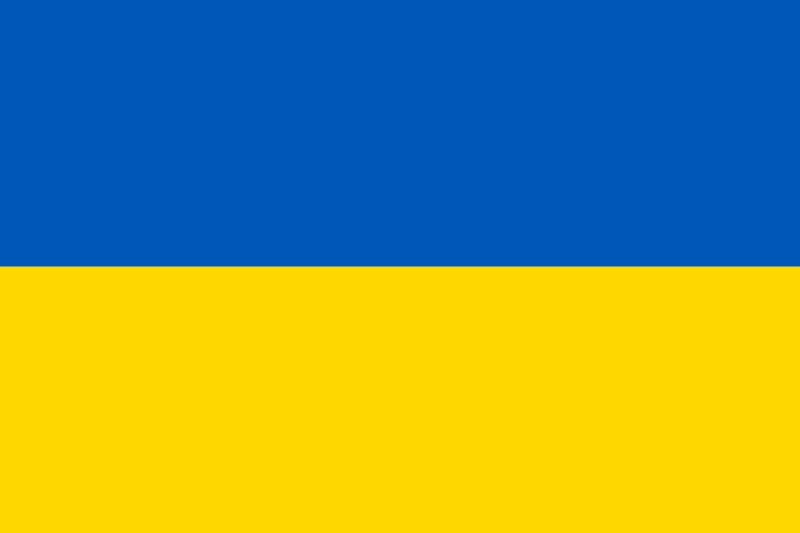
« We will not be able to compete with the low prices obtained by large consumers. But according to testimonies, it seems that customers are ready to pay a premium for a quality product, without synthetic cannabinoids. »*
Frank Zobel, deputy director of Swiss Addiction
The Lausanne pilot trial for the regulated sale of recreational cannabis is in turn entering a concrete phase. A point of sale will open by the end of the year in the city center. Some 200 people have already registered to participate in the project called Cann-L, reports RTS.*
“With the opening of registrations and that of the place of sale towards the end of the year, it is a major project of the legislative program of the Municipality which is coming to fruition today”, rejoiced Émilie Moeschler, municipal in charge of sports and social cohesion.*
After multiple stages which began in 2015, all the pieces of the pilot test are now in place, including the last one, the place of sale. “We wanted to find a location in the city center: it will be at rue du Maupas 7, an easily accessible site,” she explained. The store will now be fitted out and the sales team completed by the end of the year.*
The point of sale will sell products from a Geneva farm, in the form of herb (marijuana) and resin (hashish). They can be purchased within the limited quantities set by federal legislation and with a maximum THC level of 20%. They are intended exclusively for personal consumption and in the private sphere.*
Expected traffic jams*
If nearly 2,500 people have expressed their interest on the project website, 1,800 of them are potentially eligible: 200 have been contacted since September 21 and have already made an appointment for a first mandatory interview, announced Frank Zobel, deputy director of Swiss Addiction, who leads the scientific aspect of the project. Some 1,600 emails were also sent on Tuesday for further registrations.*
“Traffic jams” are expected, due to the time required for interviews and the relatively limited stock of cannabis currently available, he warned. “We are going to integrate interested people little by little, with the target of a panel of 1,200 people. Next year, two or three production sites will provide goods instead of one currently,” he said.*
Questionnaire twice a year*
Inspired by Quebec, the Lausanne project aims to monitor the evolution of the black market, but also to evaluate the effects of non-profit sales on consumer behavior, recalled the manager. To this end, participants will have to answer a questionnaire every six months.*
The 45-minute preliminary interview will remind you of the framework of the project and confirm eligibility (being of legal age, residing in Lausanne and already a cannabis user). A personal card will allow you to purchase cannabis. It will also be used to prove possession of the product in the event of a police check.*
Lots of unknowns*
According to Frank Zobel, “the cannabis market is the most disorganized of all.” So there are a lot of unknowns about the impact of the trial – quantity sold, number of participants, etc.*
The association hopes to be able to remain close to black market prices, between 9 francs and 13 francs per gram. “We will not be able to compete with the low prices obtained by large consumers. But according to testimonies, it seems that customers are ready to pay a premium for a quality product, without synthetic cannabinoids,” noted the manager.*
Reduce nuisance*
In Switzerland, 4% of adults consume cannabis. In Lausanne, their number is estimated at around 6,500, including 1,500 daily for a turnover of around nine million, recalled Pierre-Antoine Hilbrand, municipal officer in charge of security. For the elected official, Cann-L “must make it possible to reduce the illegal market and the nuisance it causes”.*
The project, costing 1.7 million francs, is planned to last four and a half years. The Federal Office of Public Health (FOPH) gave the green light last March.*
In 2023, the cities of Basel and Zurich have already launched the controlled sale of cannabis in pharmacies. The canton of Geneva announced last week that its Cannabinothèque would open its doors in Vernier next December. All of these projects will provide food for thought on the evolution of federal legislation in the field of cannabis.*
** image
*** ndlr. : –.




